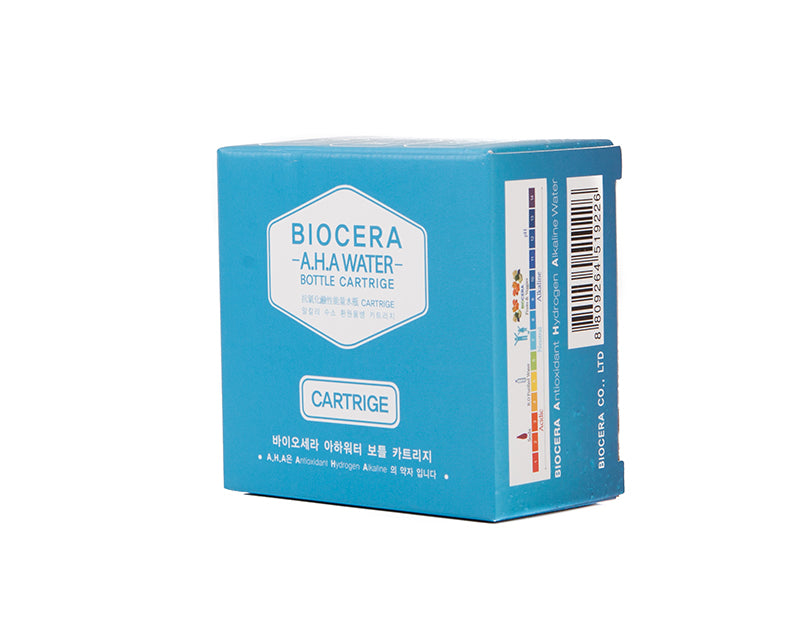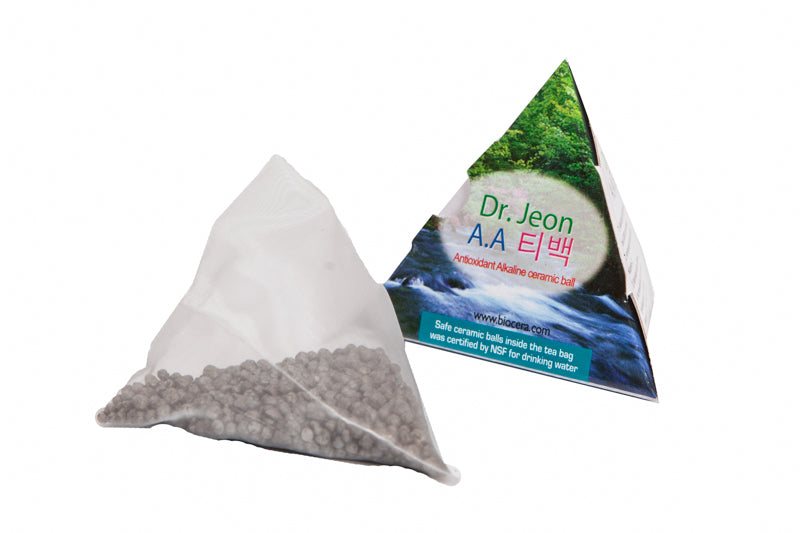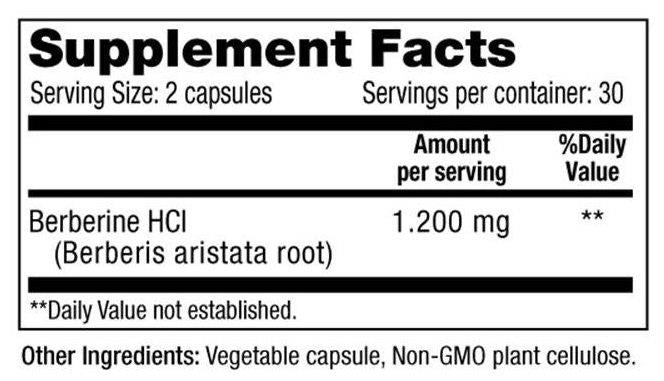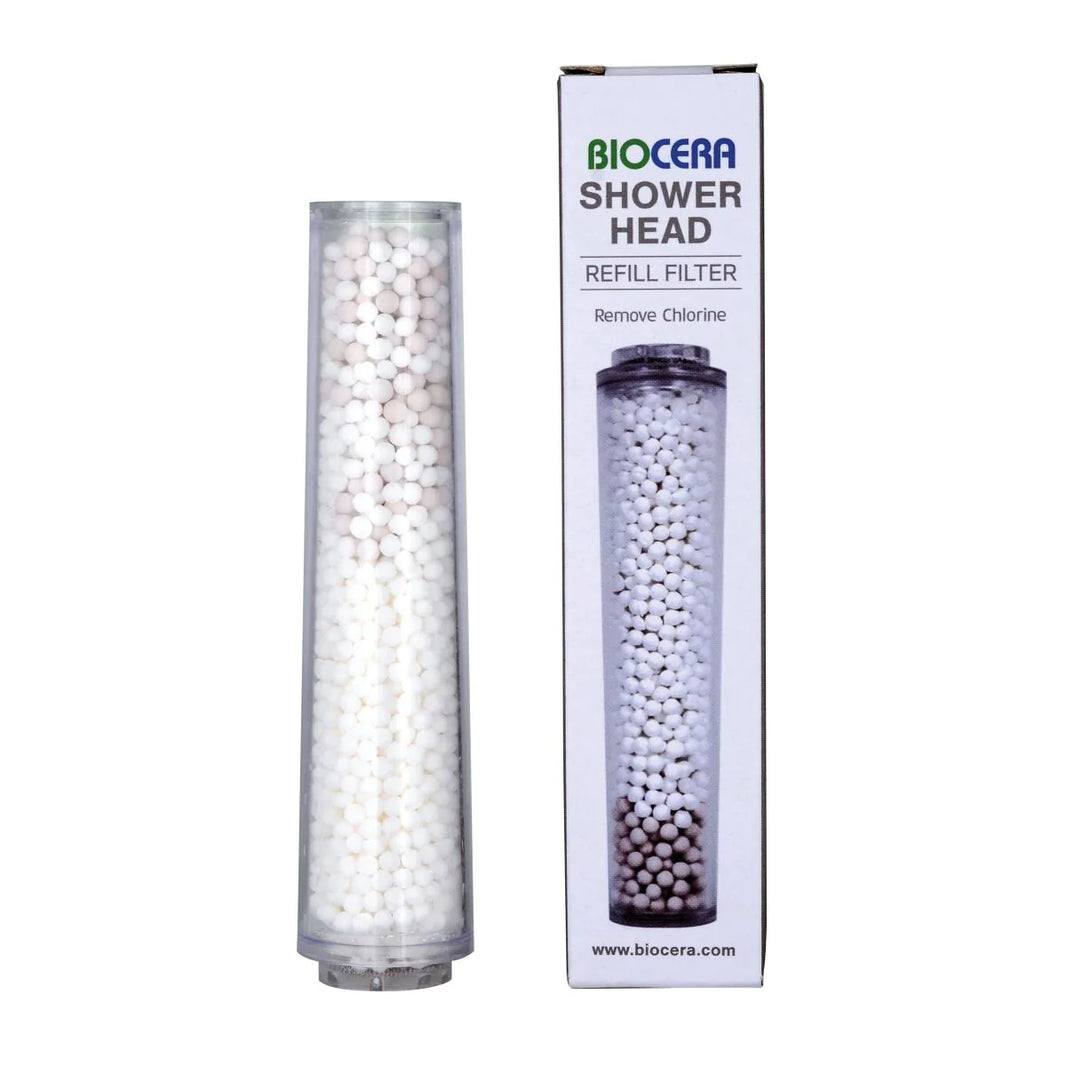Impactful Ways to Improve Your Gut Environment, Balance Microbiome
The gut is host to a wide range of resident micro-organisms, some of which help us break down food, produce nutrients and fight infection. Although bacteria are a major component of the human microbiota, viruses, fungi and archaea are also members of the community.
When this diverse system is out of balance due to stress, a change in our diet or even moving to another country, disease can set in. Understanding this dynamic and diverse terrain can be a key to overall health.
Interestingly the guts of people in the West who consume a lot of animal fats and proteins are largely dominated by the Bacteroides species. The guts of people who follow a plant-based diet contain lots of Prevotella species.
There’s no doubt that our modern sedentary lifestyles, which are disconnected from nature, are killing off many species of microbes and making us sick. Altering the terrain of gut microbial communities requires knowledge of how they work.
In this article, we’ll discuss five ways to improve the gut environment as well as getting into why you’d want to alter your gut microbiome in the first place.
1) Petting animals
Let’s start with an abstract way to diversify your microbiota – petting animals.
Believe it or not, studies have shown that animal-human relationships increase bacterial diversity in the microbiome.
Therefore, petting your dog or cat might be doing more for your health than simply relaxing you or lifting your mood. Epidemiological studies seem to bear this out, as kids who grow up in households containing dogs tend to have a lower risk of autoimmune illnesses such as asthma and allergies.
As noted in a New York Times article from a few years back, “exposure to a rich array of indoor germs may actually be salutary, helping stave off a variety of illnesses.”
2) Reduce stress
In ecology the words stressor, disturbance, perturbation and threat are used interchangeably. A stressor is basically anything that alters steady-state environmental conditions.
When looked at from that perspective, it’s easy to understand how stress can quickly alter the microbiome.
The gut microbiome and the central nervous system (CNS) are intrinsically linked. Therefore, stress can significantly alter diversity in the gut.
The gut is particularly vulnerable to stress, as evidenced by stress-induced alterations in gut motility, gastric secretion and even mucosal blood flow.
3) Balance is key
If we pursue a healthy lifestyle and keep our diet consistent, the bacteria in our gut should remain stable.
Changes in the environment, specifically disturbances such as heavy metal exposure and quick changes in temperature, can alter the balance of microbes in the gut.
While a little bit of alcohol (particularly red wine) can be beneficial, over-indulging will damage the organisms in your gut.
Similarly, micronutrients can be beneficial to organisms – but high levels can produce adverse effects.
The take-home? Strive for balance. And do everything you can to minimise the harmful impact of air pollution on your gut health.
4) Optimise nutrition
Nutrient deficiencies can severely impact the gut and reduce microbial diversity.
In fact, a zinc deficiency alone has been found to make the body three times more likely to contract pneumonia. Pneumonia is primarily caused by the proliferation of the bacteria Streptococcus pneumonia.
Eating a wide and varied diet is connected with both greater gut microbiome diversity, and also elimination of chronic illnesses like obesity or heart disease.
A tribe in Tanzania called the Hadza people who live a hunter gatherer lifestyle are thought to have the highest diversity of gut microbiome. Their gut microbiome diversity is said to be 40% higher than the typical US microbiome.
Similar findings were reported in a study of the Yanomami villagers of the Amazon. The Yanomami people also live a life close to nature and follow an ancient, semi-nomadic, hunter-gatherer lifestyle.
The Yanomami people were found to have double the microbe varieties when compared to US participants.
5) Maintain a healthy weight
There’s a clear link between obesity and a less diverse microbiome. However, it’s still unclear whether obesity leads to a less diverse microbiome or vice-versa.
Biologist Jeff Gordon exposed the relationship between obesity and the microbiome when he implanted gut bacteria from obese humans into mice. He found that the mice gained weight when the microbial community was infiltrated with obese people’s microbiome.
A surefire way of bettering your gut environment, therefore, is to maintain a sensible weight throughout your lifetime.
6) Eat fermented foods
The rise in commercially-produced processed foods has undoubtedly reduced the diversity of microbes in the gut.
Fermented foods and beverages are jam-packed with gut healthy probiotics and prebiotics that promote the good bacteria in the gut.
Foods such as sauerkraut, kimchi, kefir, tempeh, miso and live yogurt are excellent choices.
Need more inspiration? Check out our article 10 Benefits of Fermented Foods.
7) Avoid artificial sweeteners
Artificial sweeteners like aspartame, sucralose and saccharine are in just about all packaged processed foods and drinks.
These seemingly harmless sweeteners wreak havoc on the delicate balance of the microbiome. They reduce gut diversity and this can ultimately lead to obesity.
The six sweeteners which have been found to negatively affect gut health are aspartame, sucralose, saccharine, neotame, advantame and acesulfame potassium-k.
To be on the safe side, avoid processed food to keep artificial sweeteners out of your diet.
8) Avoid migrating, if possible
Moving country appears to have a massive impact on the diversity of microbial species in the gut.
514 immigrant women participated in a study to analyse the effects of immigration on the gut microbiome. It was found that the microbiome began to change as soon as the immigrants landed in the US.
The microbiome change continued while they were in the US, resembling that of American citizens after just a few months. Worryingly, child refugees that arrive in the US often suffer from obesity post-immigration.
Much more research is needed to definitively say that migration is bad for the microbiome. It probably depends on a range of factors, not least where you might be migrating from – and where you might be migrating to. However, it does give some food for thought.
Conclusion
When thought of as micro-communities, the microbiome begins to make more sense. They respond to extreme disturbances in the same way a macrobiome of larger organisms would.
For example, extreme changes in temperature, location, environment or nutrition will alter the inhabitants of a forest – much in the same way microbes in our gut will proliferate under auspicious conditions.
Disease progresses where there is a dysbiosis in the balance of the bacteria in the gut, so keep things balanced for better health moving forward.
If you’d like to learn more about gut health, take a look at our in-depth article 3 Key Factors You Must Consider When Trying to Improve Gut Health. We’re pretty sure you’ll learn a thing or two.
Written by best-selling author and integrative nutrition health coach Rowanna Watson, who has a passion for natural health. Rowanna is an expert in all areas of holistic health, plant-based nutrition, detoxification and personal development.



























Leave a comment